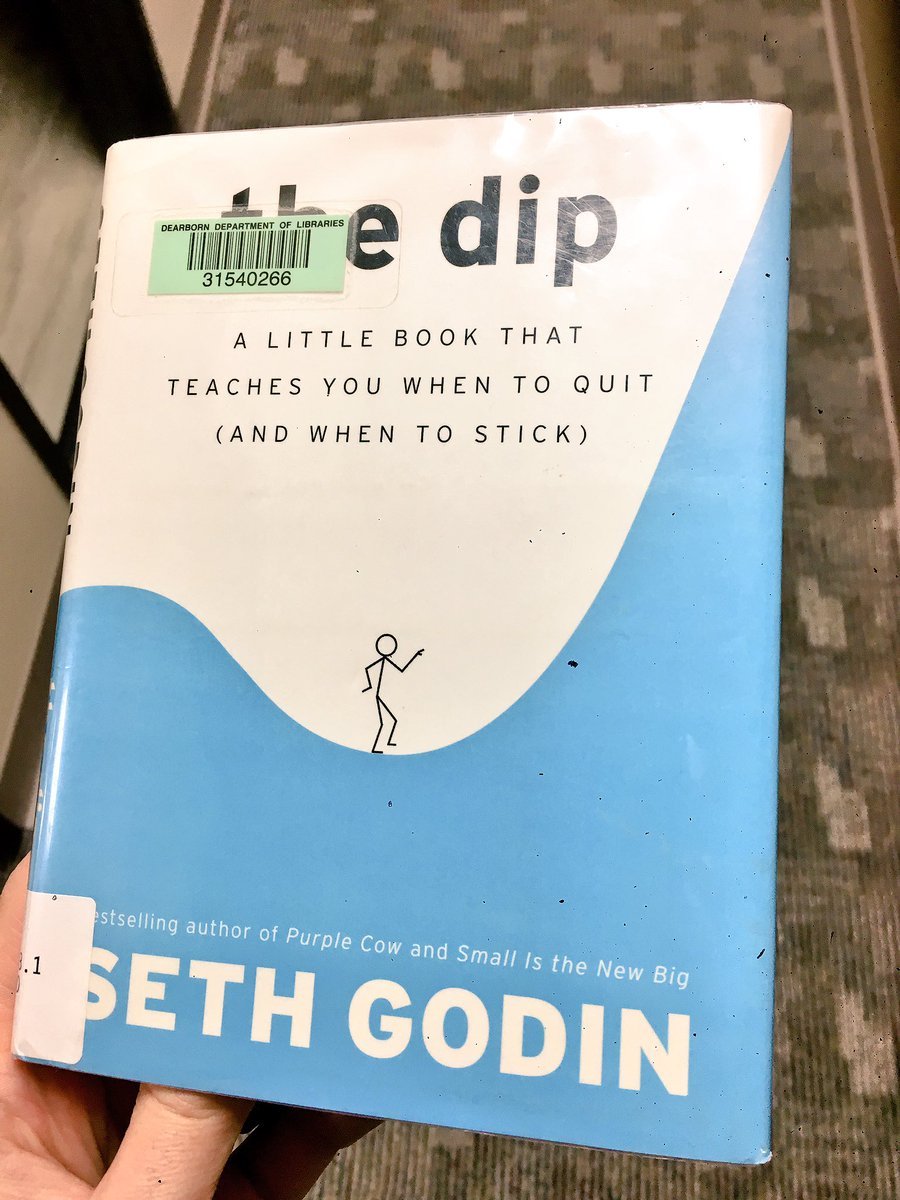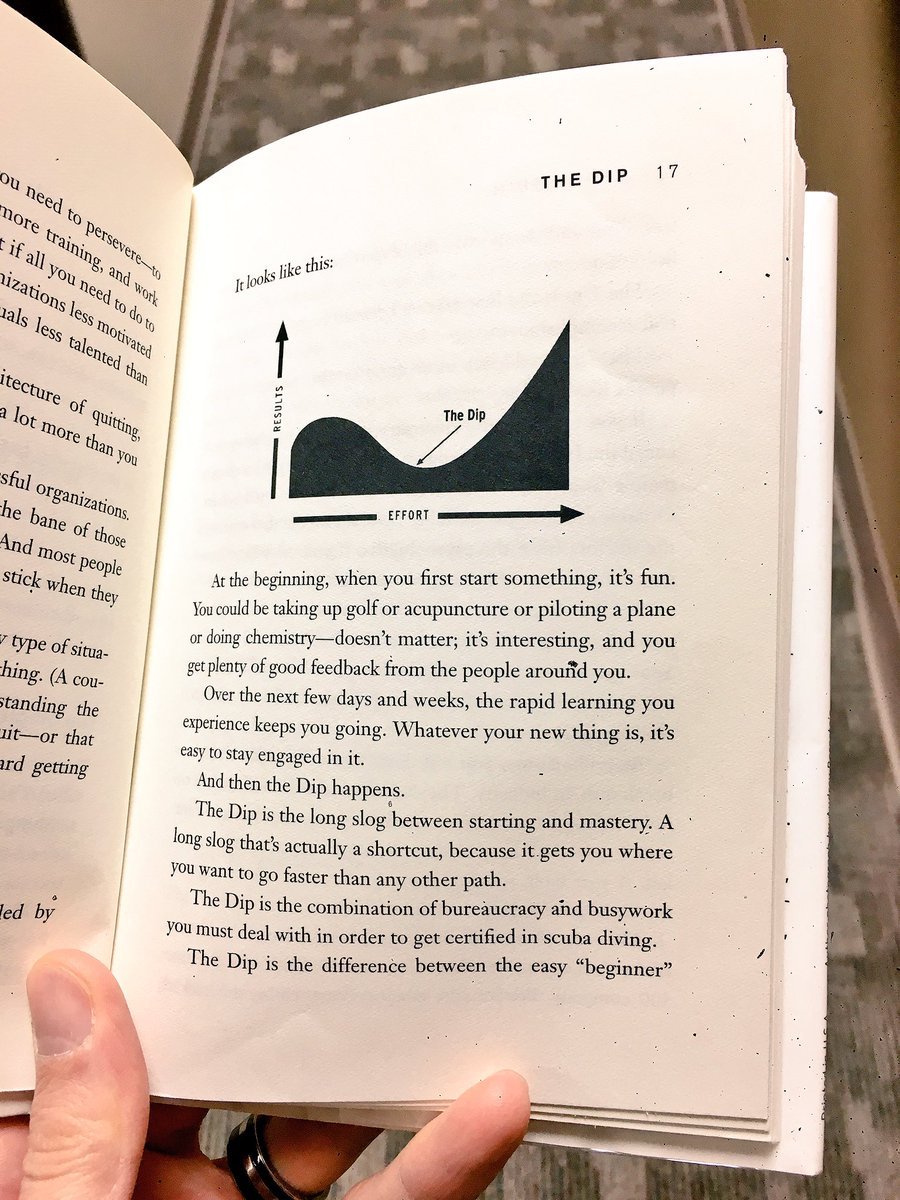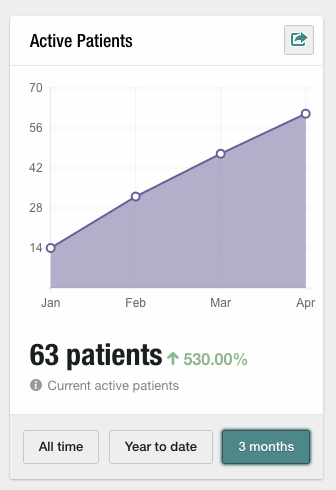Plum Health Blog
Book Review for Designing Your Life
This week, I read "Designing Your Life: How to Build a Well-Lived, Joyful Life" by Bill Burnett and Dave Evans. These two Stanford professors discuss the course that they teach on lifestyle design and guide you through the process that they have used for thousands of their students.
I enjoyed this read and they had some crucial take aways, both for individuals and larger groups.
In the Chapter 3, the authors write "Work is fun when you're actually leaning into your strengths and you are deeply engaged and energized by what you are doing". I feel this in the core of my being and this sentiment has been a driving force behind my decision to pursue my current career.
If you don't know about me, I left the high-speed churn of fee-for-service medicine for more meaningful and fulfilling relationship-based medicine. Plum Health is a membership model for healthcare and I routinely spend about 1 hour with each of my patients, especially during their first visit.
As this is a new business (as of November 2016), I still work at an urgent care two days each week to pay my bills and keep my business finances separate from my personal finances. When I'm working at the urgent care, I feel drained of energy with a mental fog. It's hard for me to "lean in" to this type of work environment where patients are shuffled in and out of the office as quickly as possible. It is not uncommon to have 40 - 50 patient interactions each day at the urgent care.
Compared to my work with Plum Health, where my visits last an hour and I have roughly 2 - 5 visits per day, I am able to fully engage with my patients and lean in to the work. I leave this environment energized after learning more about the people that I take care of. I also experience joy from time to time when the care that I deliver is especially meaningful or beneficial for the people in my clinic.
In Chapter 11, the authors discuss the importance of working and collaborating with others. They state, "We design our lives in collaboration and connection with others, because 'we' is always stronger than 'I'". They go on to relate the following: "Life design is intrinsically a communal effort. When you are way finding a step or two at a time to build, not solve, your way forward, the process has to rely on the contribution and participation of others."
This passage reminded me of the environment that I experienced while taking the Build Institute's course entitled "Co-Starters". It was awesome working in a collaborative setting, with a group of entrepreneurs working through similar but different problems. I learned a great deal from these classmates and it helped me to clarify several parts of my Life Design.
Later in Chapter 11, the authors discuss the importance of a community, and they define a community in this way: "community is more than just sharing resources or hanging out now and then, it's showing up and investing in the ongoing creation of one another's lives". It must have kindred purpose, and the best communities have a shared goal or mission. These groups should also meet regularly, so that an ongoing conversation can be held among members.
I see the TechTown, Build Institute, and Bamboo organizations facilitating a healthy community environment for small businesses and entrepreneurship in Detroit. Being a part of these organizations and attending the different programming put on by these groups has definitely added value to my life and the development of my business.
Thanks for reading, and I'd love to hear your thoughts on the book or the topics discussed in the book. Again, the book is called "Designing Your Life" by Bill Burnett and Dave Evans.
- Dr. Paul Thomas with Plum Health DPC
My Thoughts on The Dip
Today, I finished reading "The Dip" by Seth Godin. In the book he talks about when to stick with a project and when to quit. I picked up this book for a few different reasons. First, it was recommended to me by a colleague in my small business community. Second, I felt instinctively that I was facing a decision point in my business, and I needed an external voice to validate what I've been feeling over the past few weeks.
"The Dip" is a relatively short book, and a key takeaway can be found in the section subtitled "Never Quit". Mr. Godin urges his readers to quit, which may be surprising at first. But his main point is this: "Never quit something with great long-term potential just because you can't deal with the stress of the moment".
Starting a Direct Primary Care practice in Detroit has been one of the most difficult challenges that I've faced in my young career. With undergraduate study, MCAT preparation, medical school, and residency training, there is a great deal of certainty. The equation for success in these regimented environments is simple: study hard, get good grades, perform well on exams and you will succeed. There is a comfort in these structured environments, because I knew that if I studied for "x" amount of hours, I would earn "y" result.
But with business and running a Direct Primary Care clinic, there is a great deal of uncertainty and a less direct relationship between effort and reward. For example, if I put too much effort into one marketing channel (Facebook or YouTube) and not enough into another marketing channel (email or in-person events), then I may not attract as many new clients. There is no specific formula for success.
Even though there isn't as much of a direct relationship between effort and reward, I know that Direct Primary Care has excellent long-term potential. I truly believe that it delvers better health care at a lower cost, and that demand for this healthcare delivery model will grow, perhaps even exponentially as economic forces in the broader economy change.
That doesn't change the fact that there is a lot of stress in the current moment! The uncertainty about growth, next steps for the company, and broader adoption in the marketplace cause me a good deal of stress, and I was looking for something that spoke to these aspects of my business. Reading "The Dip" was like having an excellent pep-talk from a personal business coach.
Intuitively, I can sense that I am in a dip, as described in the book by Seth Godin, and reading his book validated my feelings on my business at this point in time. It also gave some pragmatic wisdom with which I can rededicate myself to my business. After 6 months of operation, I can start to analyze what's working and what's not working. As Godin writes, "The opposite of quitting is an invigorated new strategy designed to break the problem apart".
He goes on to describe a challenge I'm currently facing: acquiring more customers in the marketplace. He urges his readers to focus on the broader market rather than the individuals. I.e. don't call one lead 10 times, which he sums up nicely here in this passage, "If you try to influence one person, persistence has its limits". It's difficult to change the mind of an individual, and you want to avoid pestering people.
But, the market is different than individual people. One line that struck me regarding this subject was his assertion that "most of the people in the market have never even heard of you". And this may be a good thing! He relates the story of Sergei Brin of Google and how it was better if customers found out about Google later on rather than right now. This gave Google more time to iterate and improve the product, which would then create better customer experience.
For now, I will continue to focus on improving my services and clinic flow, because I know that as each day passes, the experience of my customers improves. I will also be rededicating myself to email marketing, as I've let this slide over the past few weeks, so check your inbox!
Thanks for reading about the struggles of starting a Direct Primary Care practice. I'm looking to include some of these writings in a future project, so if some of the blog posts here seem random, know that they're adding up to something bigger in the future!
- Dr. Paul Thomas with Plum Health DPC
Steady Growth in the First Quarter of 2017
Plum Health DPC is a Direct Primary Care practice in Detroit, Michigan. It is the only authentic Direct Primary Care practice in Detroit and Wayne County, and one of two authentic DPC practices in the State of Michigan.
When I started chasing the dream of Direct Primary Care in early/mid 2016, I wondered if this would be possible and/or sustainable. Could I really hope to spend an hour with each of my patients? Could I really operate a medical practice outside of the insurance-based system? Could I really be successful?
When I started making house calls in November and December, I experienced slow growth. I added only 10 people in those first two months. Part of the issue, in my mind, is that it's hard to visualize what I'm trying to accomplish. Unlimited visits? Wholesale medications? At-cost labs? It all seemed amorphous to those listening to my pitch.
Once I leased an office space (December 15th, 2016), the "idea" became more real for the people interested in signing up. Once inside the Plum Health DPC office, you can see the medications, the blood draw equipment, the scale, the otoscope/ophthalmoscope set, and the other accoutrements that make a doctor's office feel like a doctor's office.
Since that time and over the course of the last 3 months, we've experienced steady growth. My goal was to add about 20 new members each month, with a minimum of 15 and a maximum of 30 new members each month.
So far, we are on pace, meeting those targets each month. As our membership base has grown, I've noticed more of a "snowball" effect, where current members are beginning to refer friends and family to the practice! This has helped us remain sustainable.
Further, only 2 members have cancelled over the period of 5 months! Both instances were similar - young 20-somethings who signed up because they needed some help with an immediate issue. After a few months of membership, they were able to garner health insurance through an employer or another source, and couldn't justify both expenses because of a limited budget.
Finally, I am so grateful to the people who have given this Direct Primary Care practice model a shot - a huge thank you to our current patients/members who sustain the practice, leave us positive reviews, and spread the word to their family/friends/co-workers!
Sincerely,
- Dr. Paul with Plum Health






